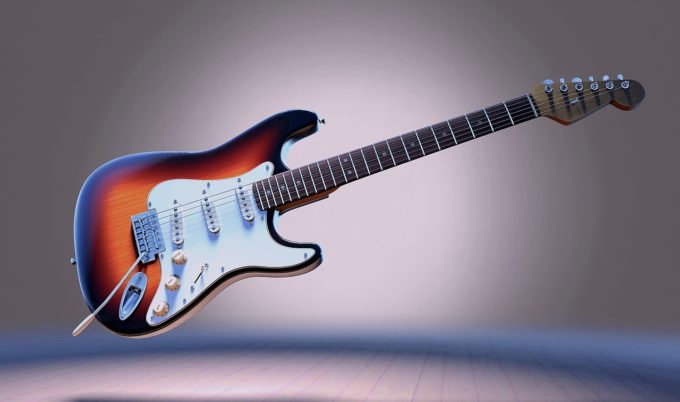Skidmore v. Led Zeppelin, No. 16-56057 (9th Cir. Sep. 28, 2018).
In what must surely be uplifting news for Michael Skidmore—trustee of late psych-rocker and Spirit band member Randy Wolfe—the Ninth Circuit has partially vacated the Central District of California’s ruling in a much-discussed 2016 copyright lawsuit contesting the originality of Led Zeppelin’s rock classic “Stairway to Heaven.”
The 2016 case, which was brought by representatives of Wolfe’s estate, accused Led Zeppelin and several of its labels and distributors of a raft of charges. Most notable was a copyright infringement claim alleging that Led Zeppelin’s “Stairway to Heaven” was lifted from Spirit’s song “Taurus”; most creative was surely the previously unheard-of claim titled "Right of Attribution—Equitable Relief—Falsification of Rock n' Roll History.” While Skidmore’s infringement claim would seem on its face to violate the doctrine of laches— “Stairway” was written in 1971—a 2013 Supreme Court case ruled that the doctrine of laches does not apply to copyright infringement claims, motivating Wolfe’s trustees to bring this suit. Led Zeppelin released a remastered version of “Stairway” in 2014, effectively resetting the three-year statute of limitations “clock,” enabling the lawsuit to proceed.
Because they were not involved with the 2014 remaster and thus not actively tied to the song during the “reset” statutory period, the district court granted summary judgment to Led Zeppelin’s John Paul Jones and Warner Music Group. The court also granted Led Zeppelin summary judgment on the claim of “Falsification of Rock n' Roll History,” stating that it “had diligently searched but [was] unable to locate any cognizable claim to support this [Falsification of Rock n' Roll History] theory of liability.”
Ultimately, the district court came down on Led Zeppelin’s side, finding that it did not infringe Spirit’s copyright. On appeal, the Ninth Circuit declared that the district court’s jury instructions were “erroneous and prejudicial,” and remanded the case for re-hearing. Central to the Ninth Circuit’s criticism of the jury instructions was the notion that the court had not properly explained to the jury which parts of a song may be copyrighted, and that this incomplete explanation presumably colored the jury’s decision.
In its opinion, the Ninth Circuit declared that the concept of “unlawful appropriation” is central to judging the outcome of Skidmore v. Led Zeppelin. Unlawful appropriation can only be proven by showing that two works have substantial similarities protectable by copyright, and substantial similarities can be proven by the extrinsic and intrinsic tests. The extrinsic test "break[s] the works down into their constituent elements, and compar[es] those elements" to determine whether they are substantially similar. The intrinsic test asks “whether the ordinary, reasonable person would find the total concept and feel of the works to be substantially similar.” According to the Ninth Circuit, the district court’s jury instructions were particularly prejudicial against the plaintiffs because they neglected to tell the jury that novel arrangements of non-copyrightable elements (i.e., music notes) are copyrightable, which all but guaranteed that “Taurus” would fail the extrinsic test.
The Court reiterated that the Copyright Act of 1909, which governs Skidmore’s copyright submitted in 1967, protects only the transcribed piece as submitted to the Office. Additional elements added to “Taurus” at sound recording were, thus, not protected. Indeed, the Copyright Office did not even accept sound recordings until 1972, when the Congress extended the copyright protection to include sound recordings. Ed Sheeran’s lawyers have already cited the Ninth Circuit’s opinion in Skidmore v. Led Zeppelin to justify their position in a copyright lawsuit against the estate of Marvin Gaye.
